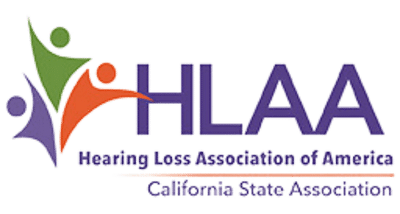
A group of cochlear implant users offered insights about their CI journeys—what went well and what could have made their experiences much better. Some received implants more than a decade ago, some have only had theirs a few months. Not surprisingly, some patients were very positive about their results; others reported being frustrated and having unresolved problems.
Audiologist Relationship: A major issue was the relationship with their audiologist, whether the hearing professional gave them enough information at the right time and helped them set realistic expectations from the beginning. People who found out about cochlear implants from their audiologists early on but took a long time to make a decision were more positive about the process than those who struggled with hearing aids for years without being offered the CI option, especially those who had to take the initiative themselves to look for a better solution. A couple of the users worked with multiple audiologists over an extended time and were happy to have finally found someone with CI expertise plus the ability to clearly communicate options. The patients whose audiologists took time to make sure they had a good understanding of the medical procedure as well as the possible outcomes were most satisfied even when the results weren’t what they had hoped for.
Auditory Rehabilitation: Nearly all of the patients who reported excellent CI outcomes as well as several who had poorer results early on did some form of auditory training/aural rehabilitation. Their audiologists did not provide the service and most did not recommend it; a number of users felt that their audiologists had dropped the ball. Most patients learned about the training from others in their support group or circle of friends. A few users felt that they had wonderful improvement, saying that they were able to hear much better within the first couple of months, but most took quite a bit longer. Informal self study by reading children’s books with audio tapes, watching captioned films, and listening to words of familiar songs, perhaps with sheet music, were some traditional methods they used. Newer and younger patients were very likely to be taking advantage of apps with structured training exercises. Consistent practice over time improved comprehension and satisfaction for everyone who tried it.
Recommendations: Several patients were emphatic that there is a significant distinction between a hearing aid audiologist and a cochlear implant audiologist. Many felt that when hearing aids were not enough, they would have appreciated a referral to someone more qualified to determine if CI was an option. Nearly everyone reported wanting more information about auditory rehabilitation early on; even if the CI audiologist did not offer it, patients should have been given information about its benefits and ideas about where to look for available services. Everyone wanted audiologists to know that the support of peers who have gone through the experience is very important, and that professionals should make patients aware of the benefits of HLAA and other user support groups.
This article originally appeared in The Hearing Loss Californian Special Edition 2018.



